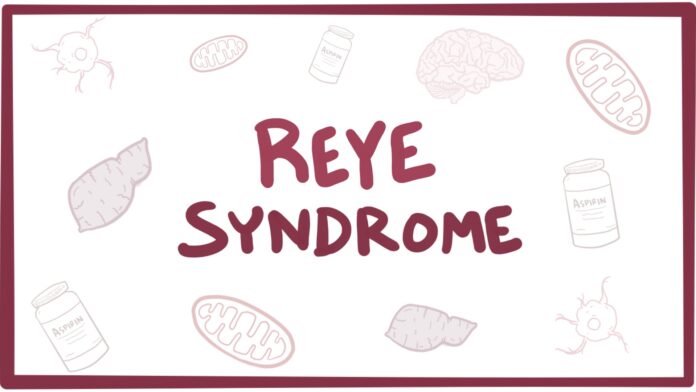Reye syndrome is a rare but severe condition that primarily affects children and teenagers. It typically occurs following a viral infection, such as influenza or chickenpox, and is characterized by acute brain and liver damage. Here’s an overview of Reye syndrome:
Symptoms:
- Persistent vomiting: Often severe and frequent.
- Confusion or delirium: Disorientation, agitation, or even loss of consciousness.
- Seizures: Convulsions may occur.
- Lethargy: Extreme tiredness or weakness.
- Personality changes: Sudden behavioral changes.
- Rapid breathing: May accompany metabolic disturbances.
- Loss of consciousness: In severe cases.
Causes:
- Association with viral illnesses: Reye syndrome often develops in children who have recently had a viral infection, particularly influenza or chickenpox.
- Aspirin use: There’s a strong association between Reye syndrome and the use of aspirin to treat viral infections in children and teenagers.
Treatment:
- Hospitalization: Immediate hospitalization is necessary for monitoring and supportive care.
- Intravenous fluids: To prevent dehydration and maintain electrolyte balance.
- Monitoring and managing complications: Such as seizures, cerebral edema, and liver dysfunction.
- Medications: Certain medications may be administered to reduce brain swelling and control symptoms.
Prevention:
- Avoid aspirin in children and teenagers: Especially when they have a fever or viral illness. Instead, use acetaminophen or ibuprofen for pain and fever relief.
- Vaccination: Ensuring that children receive recommended vaccinations to prevent viral illnesses like influenza and chickenpox.
- Early recognition and treatment: Promptly treating viral illnesses and seeking medical attention if symptoms suggestive of Reye syndrome develop.
- Public awareness: Educating parents, caregivers, and healthcare professionals about the risks associated with aspirin use in children and teenagers.

































